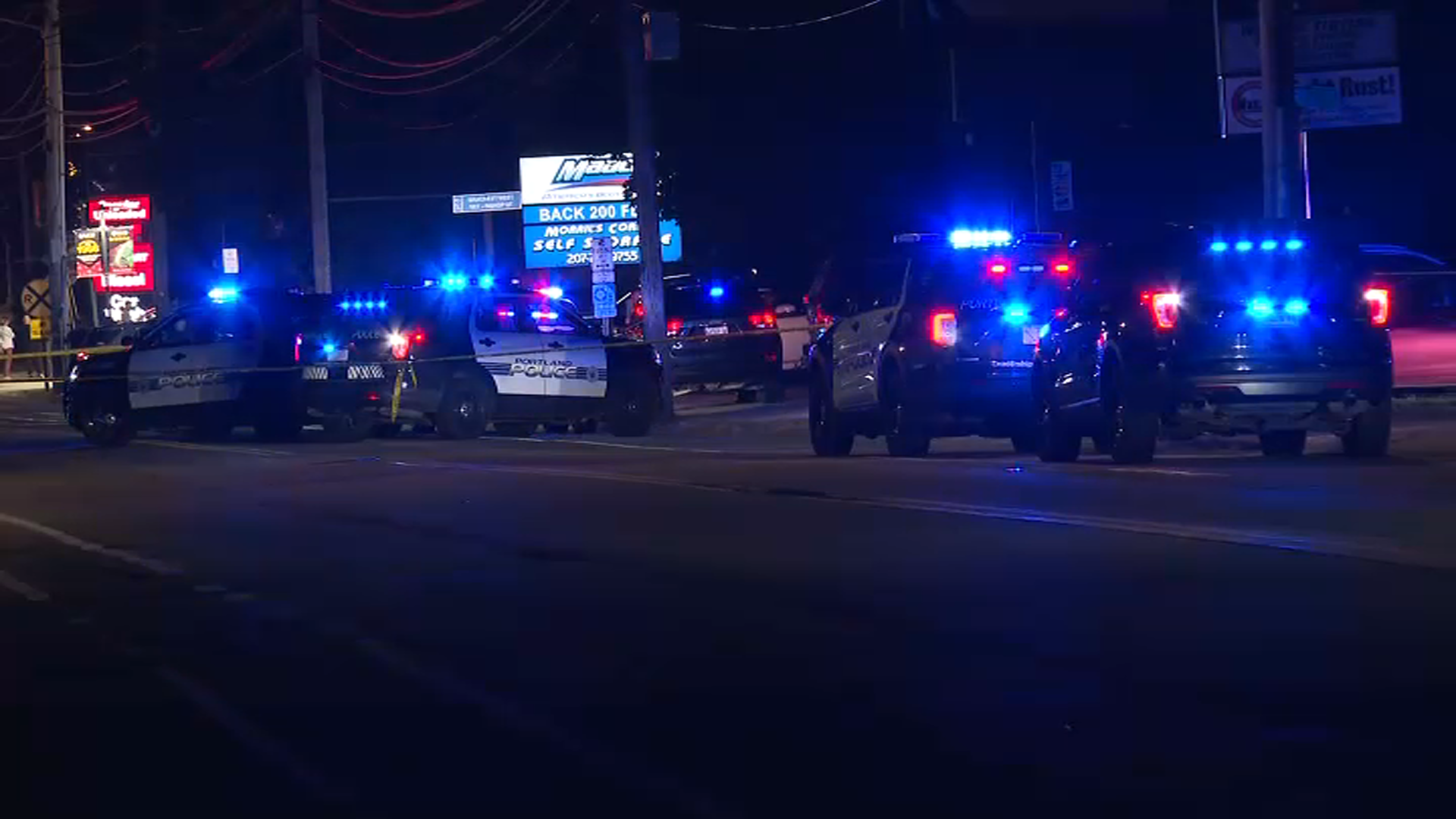A professor at Berklee College of Music can empathize with the man whose $70,000 viola was stolen this weekend in Boston.
Police are investigating the instrument's theft, which they say occurred between 2 a.m. and 3:50 p.m. Sunday in the area of Glenville Avenue in Allston.
Berklee viola professor Rictor Noren says he knows how the victim feels. Someone also broke into his car and stole his instrument after a concert several years ago.
"It's heartbreaking," Noren said. "It's not as though you just go out and get another one, you know, they become really part of our personality."
Experts in the music industry spoke to NBC10 Boston Wednesday about the price range of these instruments, whether there's a black market for them, where it could turn up and how more details could help police with their search.
"The good news is, there's not much a thief can do with it," Noren said. "There's not really a black market for an instrument of this value."
Based on photos from Boston police, experts say the viola looks like a modern, high-quality instrument. The case alone is worth $1,300. Hand-made violas can range in price from $20,000 to hundreds of thousands and even millions of dollars, according to Noren.
Local
Christopher Reuning, president of Reuning & Son Violins, added that for $70,000, the stolen viola was likely built by someone with a good reputation.
"Whoever owned it, I assume was a maybe a professional musician or a serious student to have something like that," Reuning said. "For them, it's more than the money."
The owner told police he left his things in the back of this building on Glenville Avenue around 10 p.m. the night before. On top of debit and cred cards, the thief also stole the man's passport and a black iPad Pro. A neighbor, who asked to remain anonymous, witnessed the moment the man found out his viola was gone.
"I was just kind of, like, scared," the neighbor said. "I just wanted someone who is better at handling people who are freaking out to come by and help this man."
Industry experts said expensive instruments like these are usually insured, are stolen with some frequency and can often end up resurfacing at local pawn shops. Ruening noted that having more detail on the viola could help police with their search, including the name of the maker, which is typically written on a label inside.
"That way, if it's brought to a violin shop like mine in Brookline, or any general music store, that say, anybody who's trying to sell it, then it'll be recognized and it'll be found," Reuning said.



